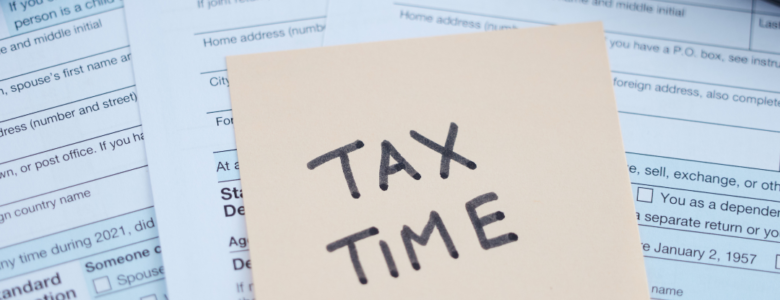Reverse mortgages are popular among seniors as a way to tap into their home equity for extra retirement income. However, many seniors may not realize that reverse mortgages have significant tax implications that can affect their finances. We will discuss the hidden tax implications of reverse mortgages and what seniors should consider before taking out one.
What is a Reverse Mortgage?
A reverse mortgage is a type of loan that allows seniors who are 62 years of age or older to convert a portion of their home equity into cash. With a reverse mortgage, the borrower does not need to make monthly payments. Instead, they repay the loan when they move out of the home, sell the home, or pass away, unlike a traditional mortgage.
The amount that the borrower can borrow depends on several factors, including the age of the borrower, the appraised value of the home, and the interest rate on the loan.
The Hidden Tax Implications of Reverse Mortgages
Seniors can use reverse mortgages as a useful tool to tap into their home equity, but they should not overlook the significant tax implications that come with them. Here are some of the key tax implications of reverse mortgages that seniors should be aware of:
- Interest on the loan is not tax-deductible
Additionally, this means that the borrower cannot deduct the interest paid on the loan from their income for tax purposes. Lack of tax deductibility can be a significant issue, even though it may not seem like one at first.
- Loan proceeds may be taxable
In most cases, the proceeds from a reverse mortgage do not count as taxable income. Repaying the reverse mortgage for more than the home’s fair market value can cause the excess amount to be considered taxable income. This can result in the borrower paying taxes on the excess, creating a significant financial burden.
- Reverse mortgage may impact eligibility for certain government benefits
A reverse mortgage can affect seniors who receive government benefits like Medicaid or Supplemental Security Income (SSI). These programs may view the reverse mortgage proceeds as income, potentially impacting the senior’s benefit eligibility.
- Heirs may be responsible for repaying the loan
Upon the borrower’s death or move-out, the loan must be repaid. If the home sale proceeds cannot cover the loan balance, the borrower’s heirs may have to repay the loan, which can be a financial burden. This may require selling the home or finding funds, causing strain.
Seniors can use reverse mortgages as a useful tool to tap into their home equity. However, they should not overlook the significant tax implications that come with them. Seniors interested in a reverse mortgage should be mindful of these tax implications and decide if it’s the right option. By doing so, they can make an informed decision and meet their financial goals, maintaining their retirement security.








